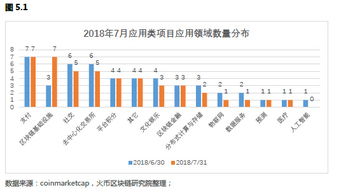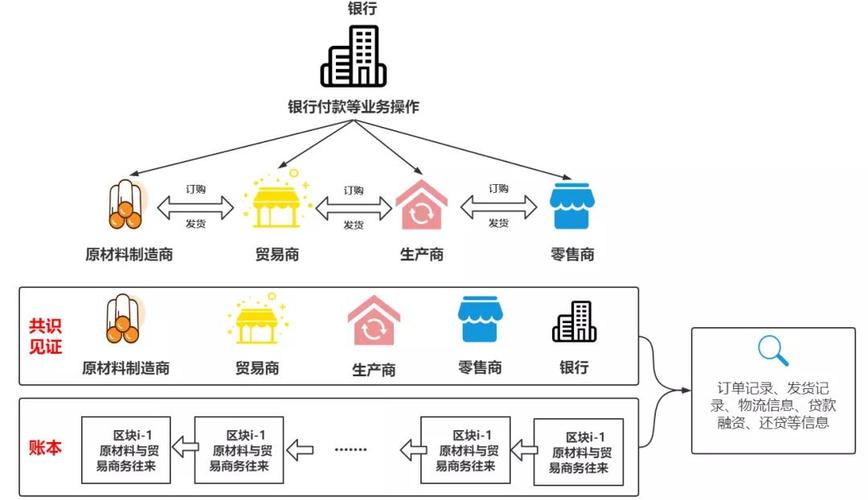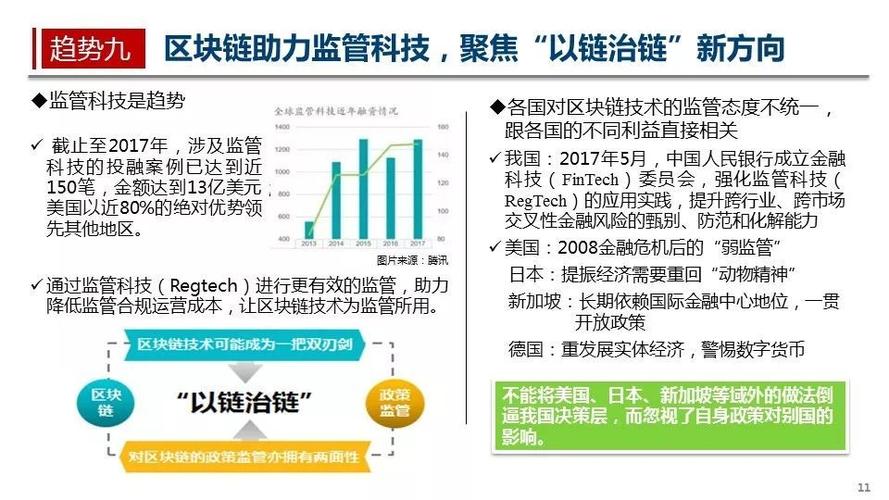Exploring Blockchain: Understanding Its Significance and Practical Applications
Exploring Blockchain: Understanding Its Significance and Practical Applications
Blockchain technology has garnered significant attention in recent years, revolutionizing various industries with its decentralized and secure nature. Let's delve into what blockchain is, its significance, and its practical applications across different sectors.
Blockchain is a distributed ledger technology that records transactions across multiple computers in a way that ensures the security, transparency, and immutability of the data. Each block contains a cryptographic hash of the previous block, creating a chain of blocks, hence the name "blockchain."
The significance of blockchain lies in its ability to provide:
- Decentralization: Unlike traditional centralized systems, blockchain operates on a peertopeer network, eliminating the need for intermediaries.
- Transparency: Transactions recorded on the blockchain are visible to all participants, ensuring transparency and reducing the risk of fraud.
- Security: The use of cryptographic techniques ensures that data stored on the blockchain is tamperproof and secure from unauthorized access.
- Immutability: Once a transaction is recorded on the blockchain, it cannot be altered or deleted, providing a reliable audit trail.

Blockchain technology finds applications across various industries:
1. Financial Services
In the financial sector, blockchain is widely used for:
- Payments and Remittances: Blockchain enables faster and cheaper crossborder payments by eliminating intermediaries and reducing transaction costs.
- Smart Contracts: Smart contracts are selfexecuting contracts with the terms of the agreement directly written into code. They automate processes, reduce paperwork, and minimize the need for intermediaries.
- Asset Tokenization: Blockchain allows for the fractional ownership of assets, such as real estate and artworks, by tokenizing them into digital assets.
2. Supply Chain Management
Blockchain improves supply chain efficiency by:
- Traceability: Products can be traced back to their origin, ensuring transparency and accountability throughout the supply chain.
- Counterfeit Prevention: Authenticity of products can be verified, reducing the risk of counterfeit goods entering the market.
- Efficient Inventory Management: Realtime tracking of inventory minimizes stockouts and excess inventory, optimizing supply chain operations.
3. Healthcare
In healthcare, blockchain facilitates:
- Secure Health Records: Patient data stored on the blockchain is encrypted and securely accessed by authorized healthcare providers, ensuring patient privacy and data integrity.
- Drug Traceability: Blockchain tracks the entire drug supply chain, reducing the risk of counterfeit drugs and ensuring the authenticity of medications.
- Interoperability: Blockchain enables seamless sharing of healthcare data among different healthcare providers, improving patient care coordination.
4. Voting Systems
Blockchain enhances the integrity and transparency of voting systems by:
- Immutable Voting Records: Each vote is recorded on the blockchain, making it tamperproof and ensuring the integrity of the electoral process.
- Remote Voting: Blockchain enables secure and transparent remote voting, increasing voter accessibility and participation.
- Eliminating Voter Fraud: The transparent and decentralized nature of blockchain reduces the risk of voter fraud and manipulation.
Blockchain technology holds immense promise in revolutionizing various industries by enhancing security, transparency, and efficiency. Understanding its significance and exploring its practical applications can unlock numerous opportunities for innovation and disruption.











